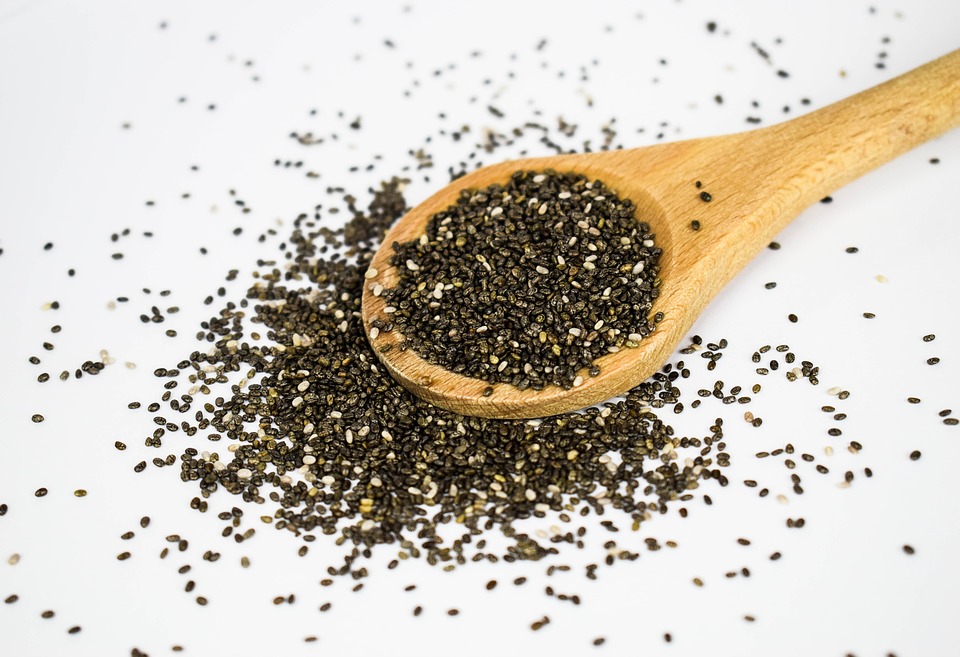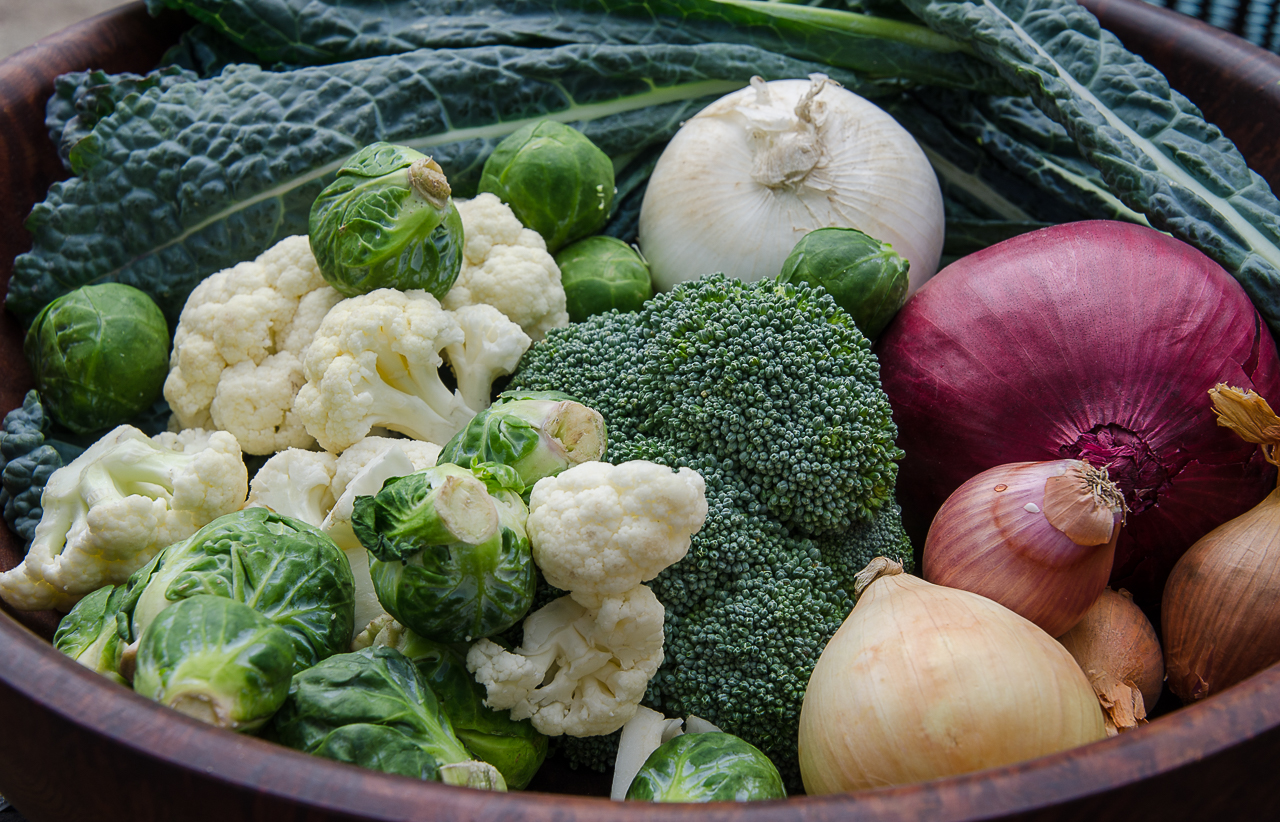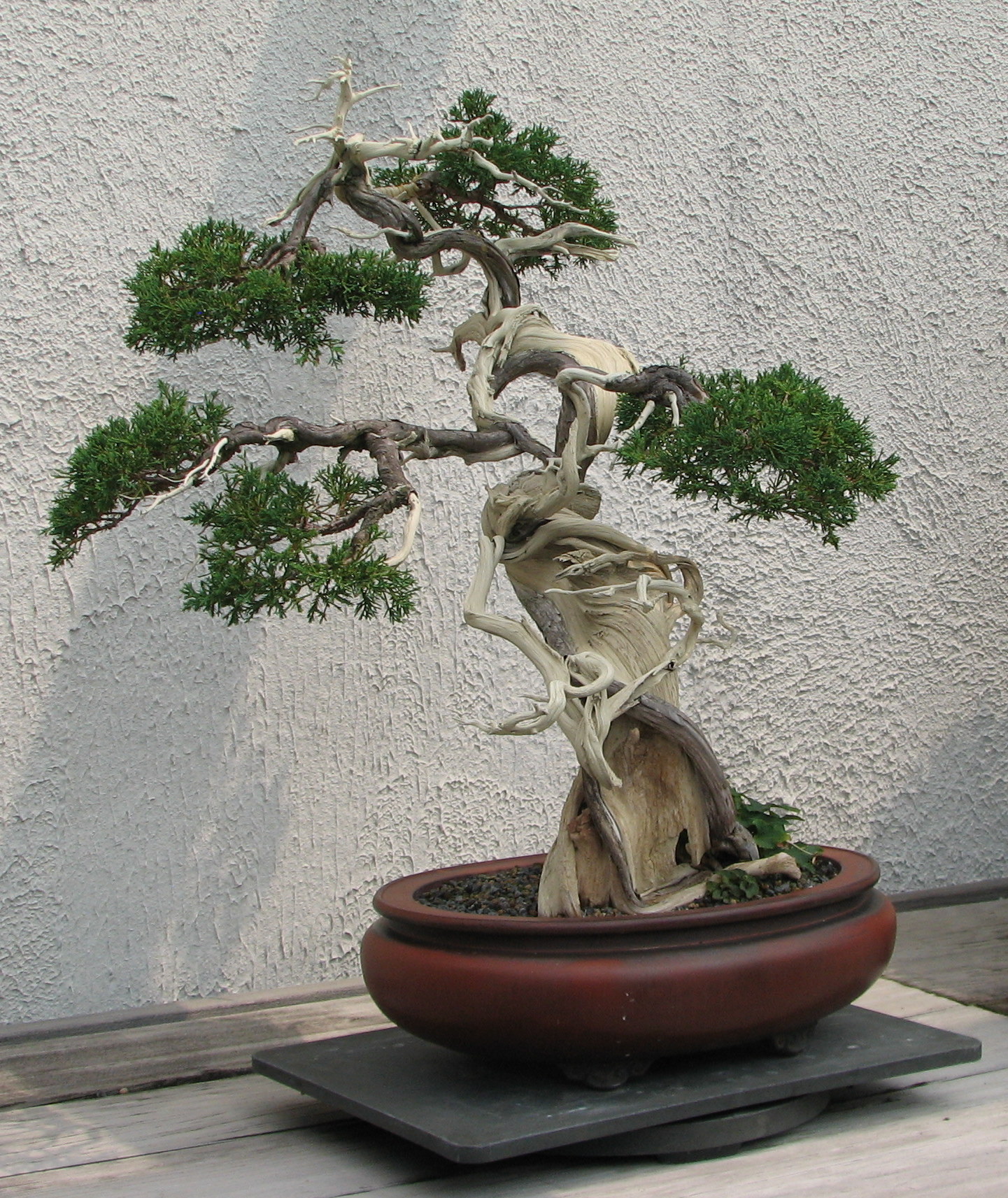Nowadays, almost everyone is becoming environmental-conscious and turning towards a green lifestyle that will reduce their carbon footprint on the environment. Are you interested in adopting a more sustainable lifestyle? Well, many ways can be done, and you will be doing your bit! Driving towards a green or an eco-friendly lifestyle can prove to be beneficial for you, especially if you live in an urban area and are not exposed to a beautiful natural environment daily. Sustainable gardening means gardening in a smart and eco-friendly way that is all about giving back to mother nature by using organic growing methods, so you use fewer chemicals and adopt greener alternatives when gardening.
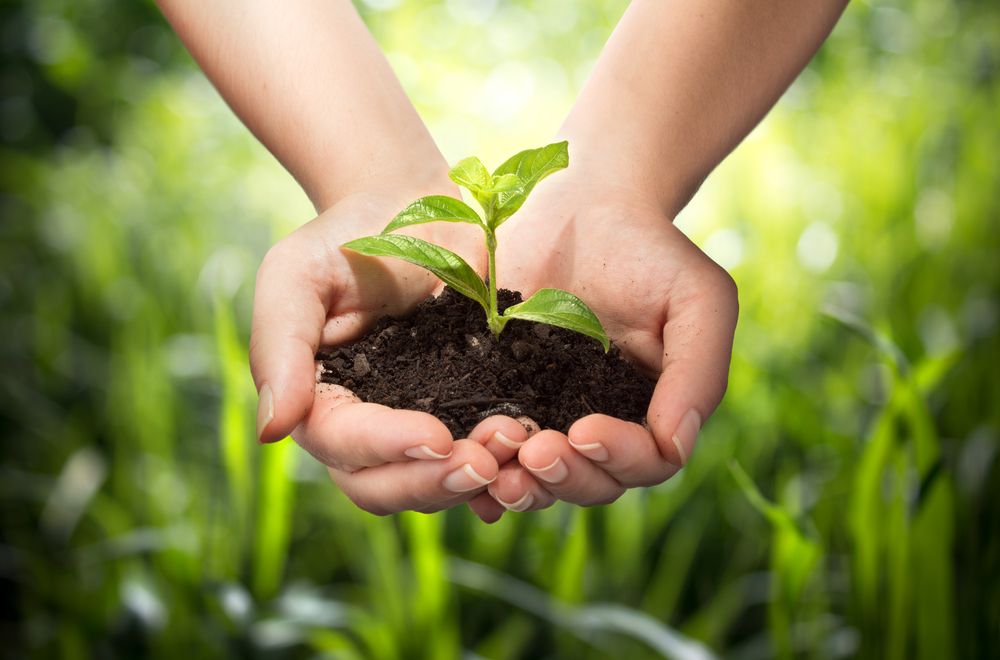
There are several ways which you can use for a more sustainable gardening lifestyle, here are some of them:
1. Garden Design
When you’re thinking about getting into sustainable gardening, it’s a good idea to incorporate resource-conserving practices in your garden in order to protect your plants and soil. There are many water conservation and soil preparation practices that you may incorporate into the design of your garden to make it more greener and reduce its impact on the environment.
Sustainable design is quite comprehensive; when you’re planning out your garden, think about the different plants you want to grow. The shadow-loving plants should be planted in the shade of tall, lush plants where they get plenty of shade. Plants that love the sun should be planted in sunny areas where they can enjoy being pampered. Plants that crave water should be planted in moist areas of your garden, so they remain healthy with minimal care.
By planning all these points out in advance, you can conserve plenty of resources while nourishing an edible, healthy garden.
2. Compost Your Green Waste
Composting is one of my favorite sustainable gardening practices as the recycling of your food and other natural waste to be used as organic fertilizer. Instead of throwing away your dead leaves, flower heads, and grass clippings, you can compost them into nutrient-rich, natural fertilizer for your garden. This will make your soil more productive, and you produce healthier and more delicious.
You can negotiate with your neighborhood schools, parks, and grocery stores to pick up their compostables as well.
3. Save Your Seeds
When your flowers and vegetables have matured, they’re going to produce seeds before they dry out. Collect these seeds and store them in a cool, dry place. You can use these seeds in the spring next year to grow your plants again. You can start from the more natural seeds to save such as tomatoes, peas, beans, and pepper and work your way up from there.
This will save you tons of money on buying new seeds annually.
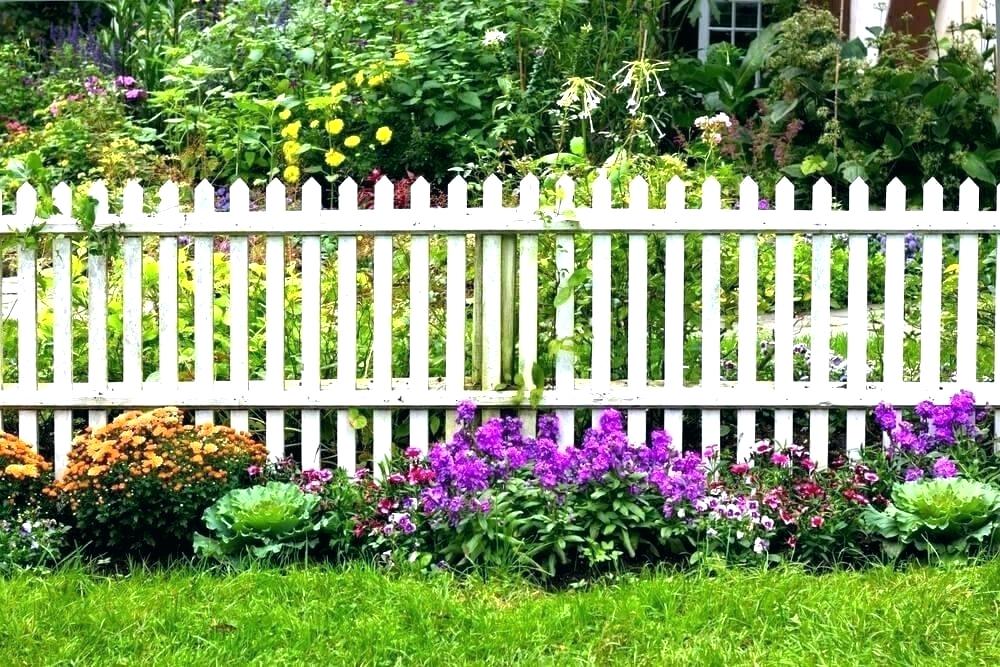
4. Celebrate the Natives
Native plants are those plants that grow naturally in your region. It’s easier to build and sustain these plants because they’re already suited to the rainfall, soil, and climate in your region. Native plants require less effort and even less water to maintain and grow. Moreover, by growing native plants, you will also be helping in the preservation of the birds and insects in your area by providing food and shelter for them.
You should ask the local gardening experts about the native plants in your area.
5. Say No to Herbicides
It’s best to use sustainable methods to maintain your garden. Instead of using chemical herbicides, you should use organic methods to control your weeds and pests. Weeds may be pulled out directly by the good old method of getting down on your knees and pulling them out … it’s not only greener, but it’s a great exercise for you as well.
6. Use Beneficial Insects to Get Rid of Pests
Beneficial insects are nature’s perfect way of controlling pests without using harmful chemicals. These insects eat up caterpillars, mites, aphids and other bugs that consume plants, and the best part is that they’re entirely harmless to pets and people.
One great example is ladybugs that are not only cute and considered to be good luck. They also LOVE eating aphids!
Just look up your pest problem online and find the best insect suited to combat your issue.
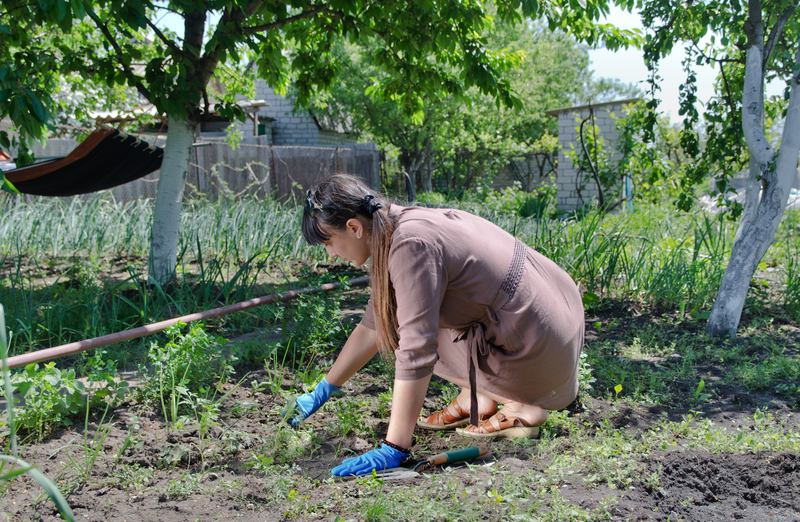
7. Mulching
Another essential technique that gardeners can employ to create low-maintenance, healthy gardens is mulching. Mulching has a multitude of benefits:
- Prevents drying out of the soil
- Suppresses weeds
- Moderates soil temperature
- Reduces compaction of soil
- Adds nutrients to the soil
- Prevents erosion
- Add to the ambiance of the gardens
Mulching may be done as soon as you’ve planted something; it may also be done to cover the bare soil in your garden. It’s one of the essential constituents of a sustainable garden.
8. Ditch the Gas Powered Lawn Mower
If you want to reduce your carbon footprint, it’s a good idea to ditch your gas-powered lawnmower and switch to other greener options such as a manual lawn mower or an electric one.
Did you know that, according to the Environmental Protection Agency, using a gas-powered lawnmower for an hour is equivalent in terms of air pollution to driving a car for 45 miles?
9. Plant Trees
Planting trees helps store carbon from the atmosphere into the soil. It also helps cool your home down in the summer. Moreover, good, strong trees are a gorgeous sight to behold (who doesn’t love trees, right?) I personally feel that every garden should have at least one tree, however, if your garden doesn’t have room for one, you can always volunteer with a local land-care group.
10. Conserve Water Resources
A sustainable gardener conserves water resources by using rain barrels to store and use rainwater in their garden. Rain gardens may also be developed by producing terraces that store rainwater and protect it against fast evaporation.
The goal of a sustainable gardener should be only to use natural sources of water, such as rainwater or rivers. In areas where rain is scarce, irrigation or direct watering tools such as a watering can be employed. Automated tools such as the sprinkler are faster, but they also lead to a lot of wastage, and you may not know it, but many plants don’t fare well with sprinklers.

